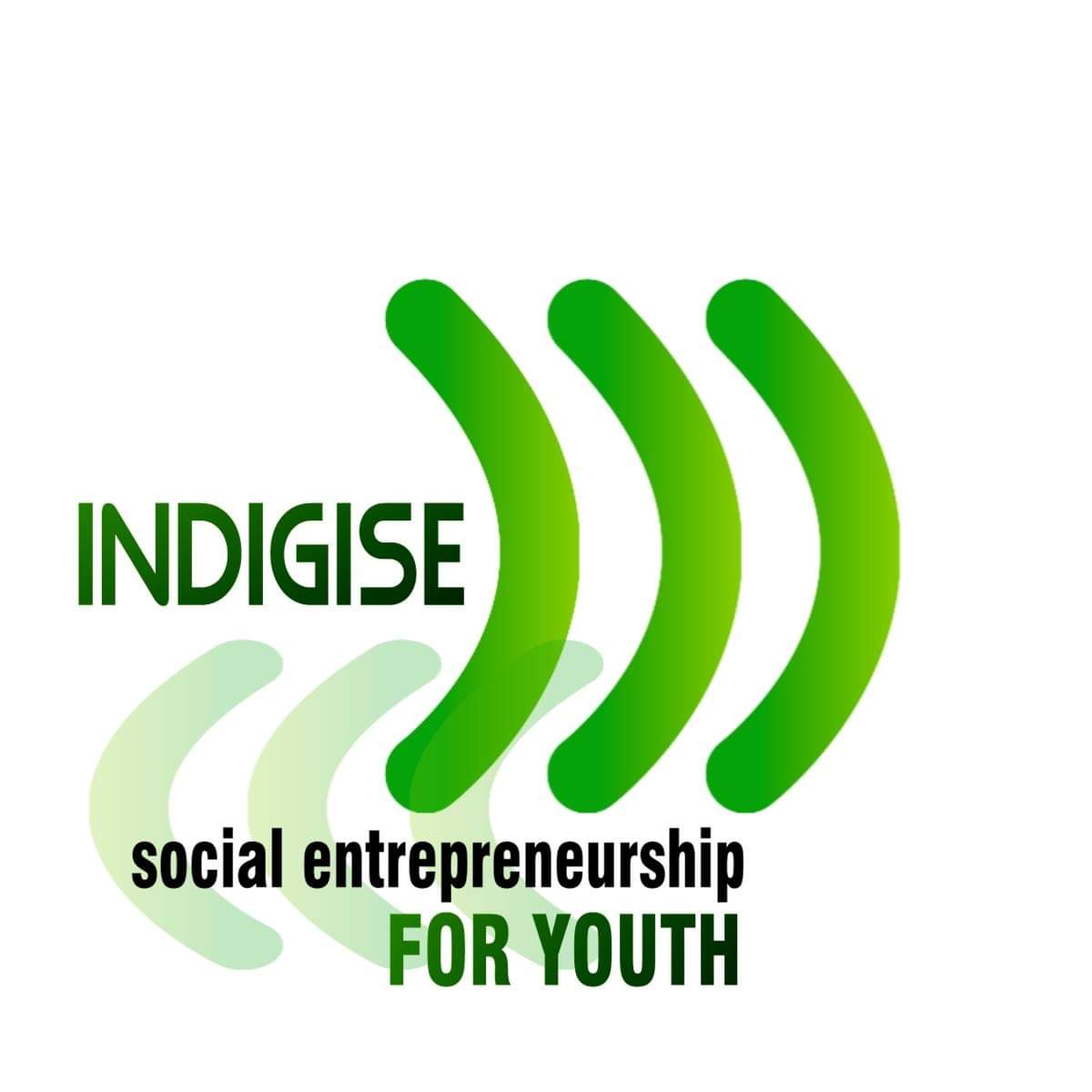It is not a secret that social innovation is on the hype for the last few years and this is going to stay, at least in Europe. Several structural fund programs and initiatives are focused on the promotion, support and implementation of social innovation. The “broadness” of social innovation is incomprehensible, hence, debates occur often: “What is social innovation’’? There is no exact definition but different scopes and prisms of the terminology.
For instance, European Commission defines social innovations following:
Social innovations are new ideas that meet social needs, create social relationships and form new collaborations. These innovations can be products, services or models addressing unmet needs more effectively.
Another example is of definition ESF+ policy brief 2020 defines social innovation as following:
‘social innovations’ mean activities that are social both as to their ends and their means and in particular those which relate to the development and implementation of new ideas (concerning products, services and models) that simultaneously meet social needs and create new social relationships or collaborations, thereby benefiting society and boosting its capacity to act; In particular, (i) testing innovative solutions before scaling them, (ii) finding new ways of collaboration between the public, private and third sector, and (iii) supporting the transfer of learnings and innovations across borders, are the three principal areas to be addressed by the ESF+.
Besides, different aspects of terminology, there are also different directions, sections and areas where social innovation can be implemented, hence, important questions to be asked are:
- How to develop pan-European social innovation and stimulate its scaling?
- How to inspire public policies to be interested in supporting and implementing social innovation?
- How to measure impact of social innovation in the most efficient and reliable way ?
- How to promote social innovation in different fields and stimulate cross-sectoral cooperation?
Answers to these questions are still relevant and each European region tries to find its own solutions, as well as implement social innovation regionally. For instance, Alpine region has developed a strategy for social innovation that concerns the way to incentive the emergence of Social Innovation in the Alpine Space territories and also aims to organize the coherence and the governance of SI supports, to answer collectively to the region’s societal challenges.
Flagship initiative in BSR
Baltic Sea Region is developing its own social innovation flagship initiative. The aim of the Social innovation flagship at EUSBSR is to initiate, support and promote cross-sectoral – public, private and third sector’s cooperation, map the best knowledge exchange and cooperation models, involving society for optimal (co-design and co-creation) of the expected social solutions. Flagship expects to strengthened cross-sectoral cooperation and sectoral capacity building in the field of social innovation.
Whenever it is regional, national or very small local initiative, it is important to acknowledge that all of
the efforts contribute towards the more prosperous, healthy and sustainable societies across the Europe, hence, any effort made to innovate in this direction has to be appreciated.
Photo by Ian Schneider on Unsplash


This publication has been prepared within INDIGISE project. The content of this publication is the sole responsibility of the project coordinator and may not always reflect the views of the European Commission or the National Agency.















Leave A Comment